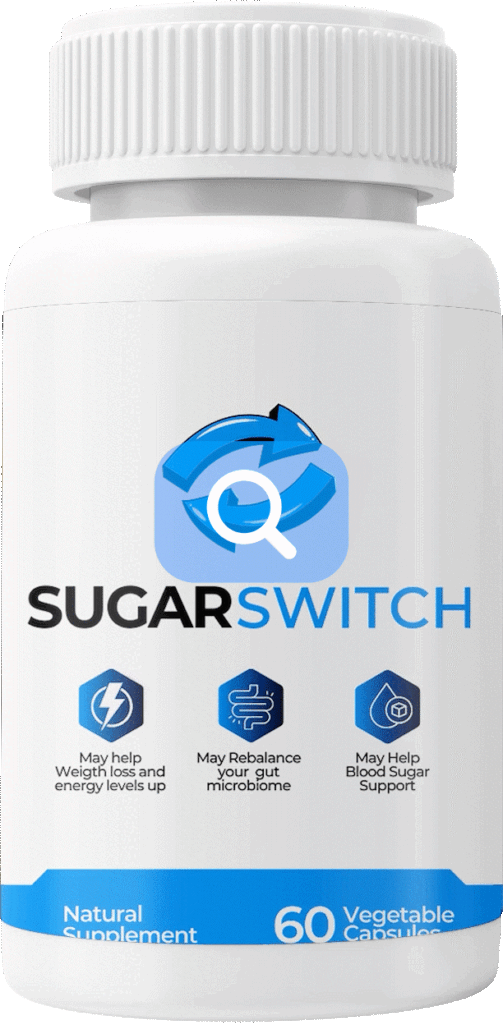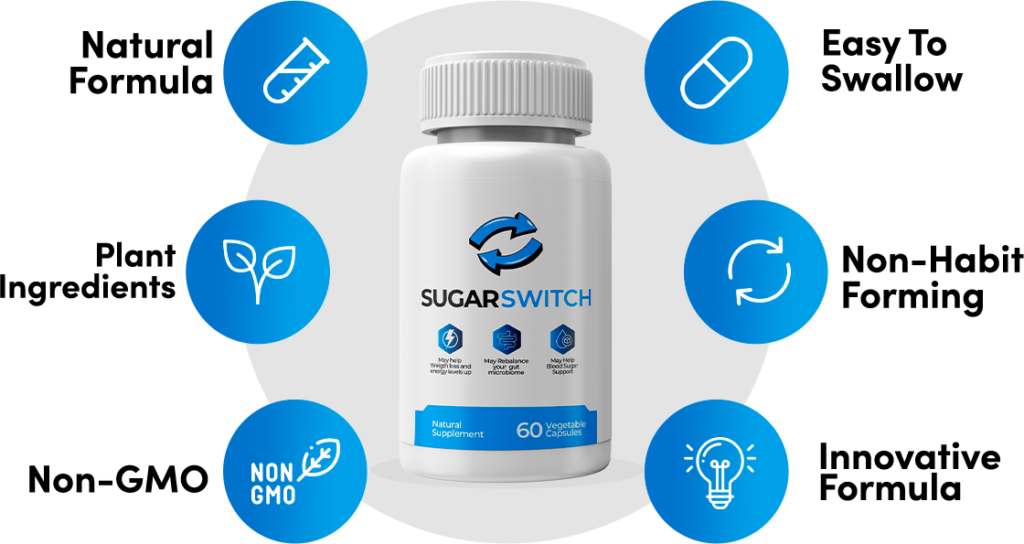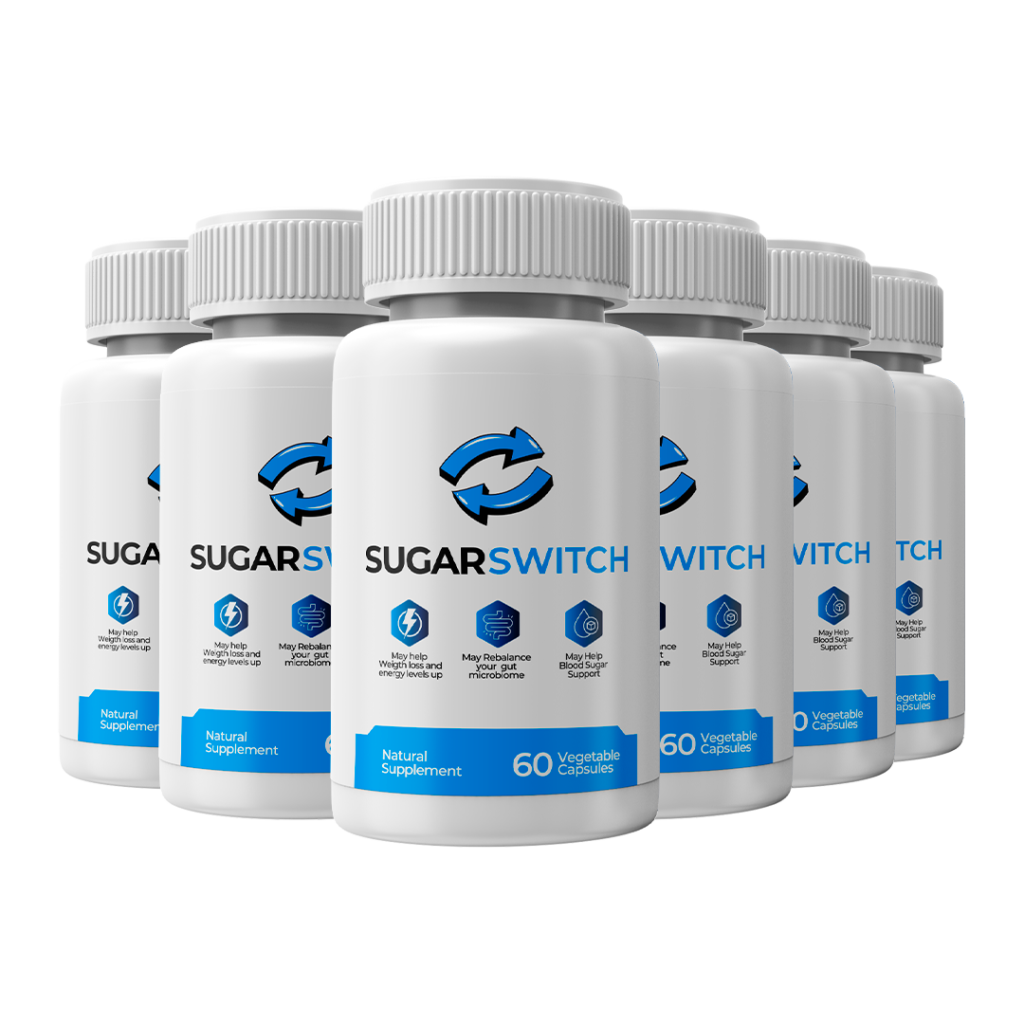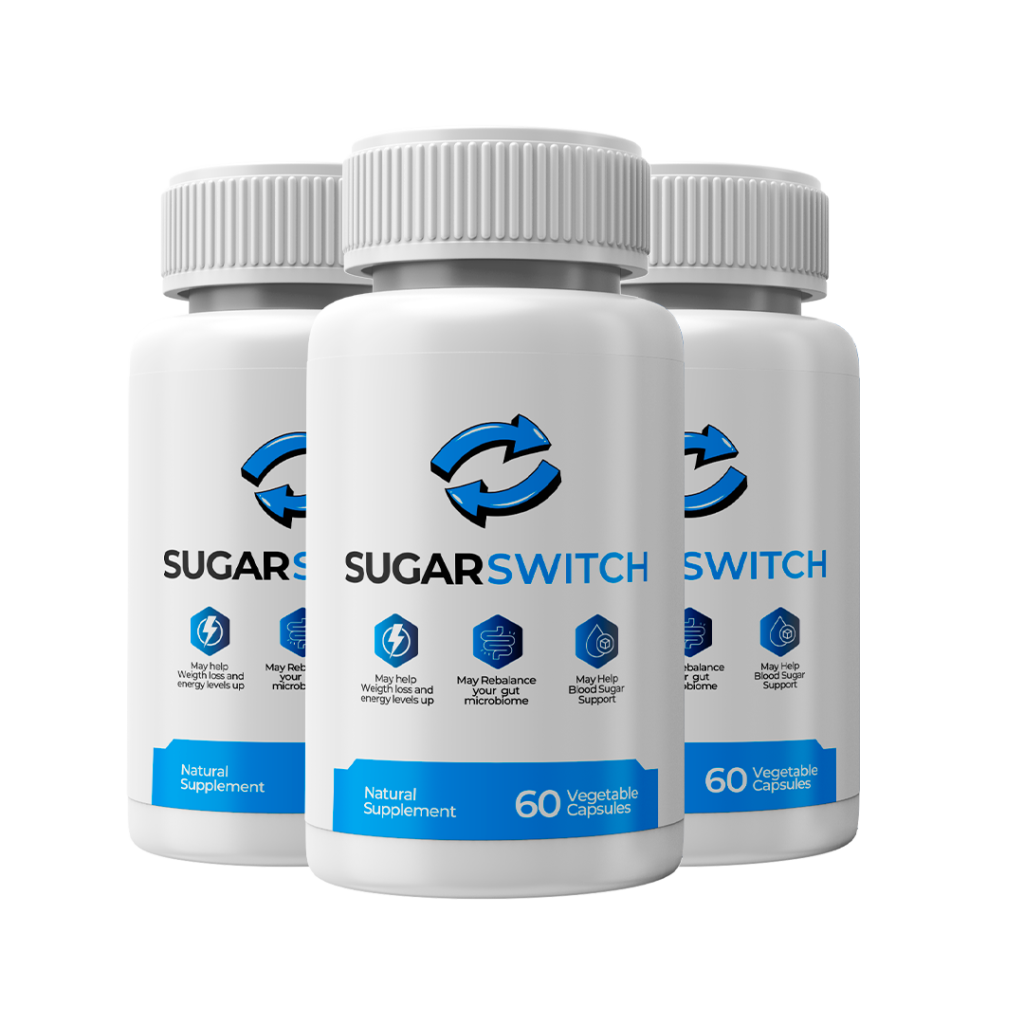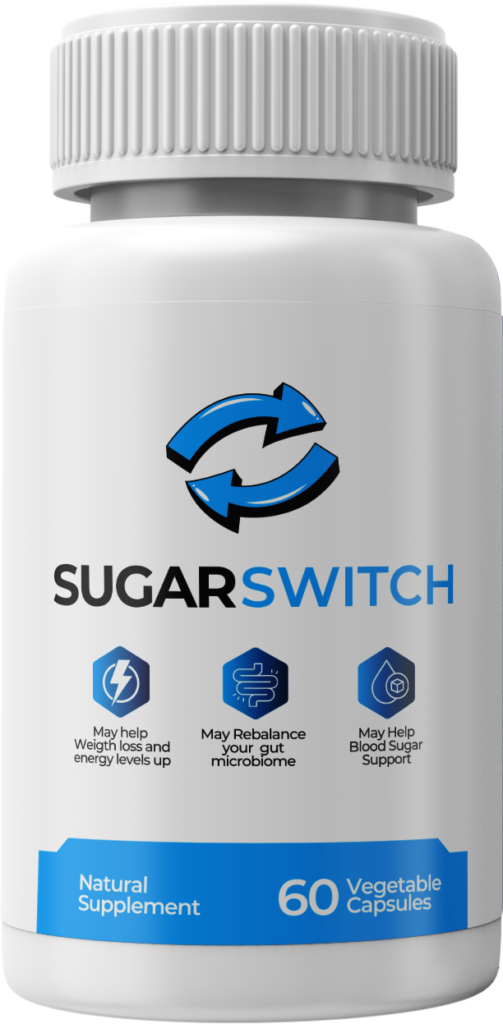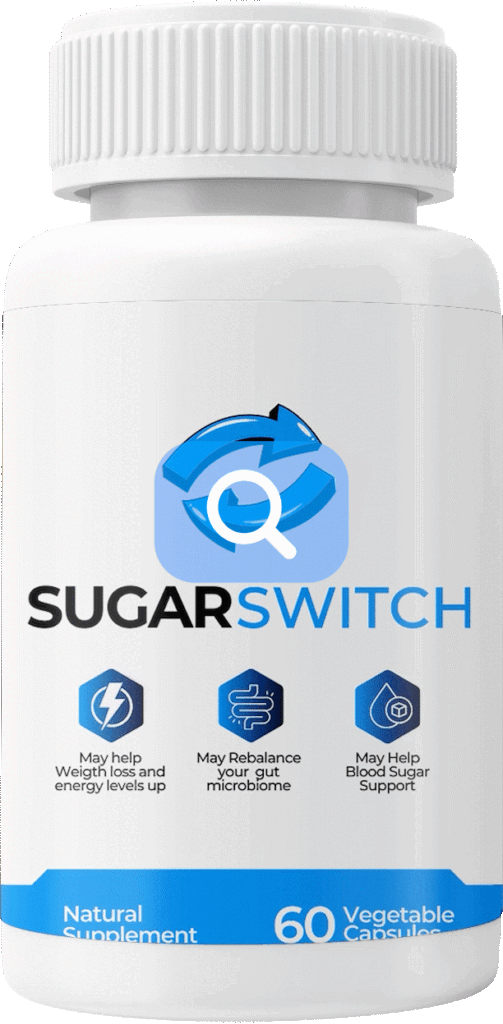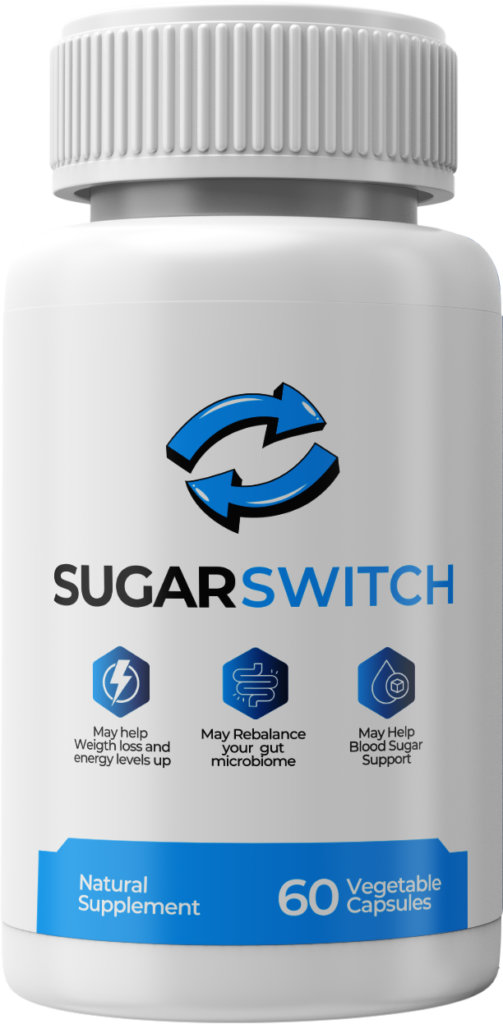Help balance blood sugar levels, boost your energy, and discover potential benefits for weight loss
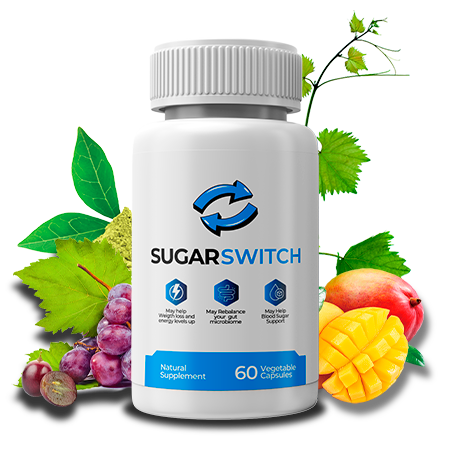
Scientifically proven benefits! Get yours now!
- Support healthy blood sugar levels
- Contribute to balancing your microbiome
- Explore benefits for weight loss
- Boost your energy throughout the day
Type 2 diabetes is a prevalent condition affecting millions of people worldwide. However, recent scientific advancements have uncovered a natural method to manage and potentially reduce this condition.
This article delves into the journey and discoveries of Dr. John Tessman, a renowned specialist who has dedicated his career to finding alternative solutions for managing type 2 diabetes
Dr. John Tessman's Journey
Dr. John Tessman, a distinguished diabetes specialist, began his medical journey at the University of Berlin in 2002. He later completed his master’s degree in Los Angeles, USA, where he served as the vice-director of the American Diabetes Association.
Over the years, Dr. Pascoal has helped over 28,000 individuals manage their type 2 diabetes naturally, without the need for medications or injections.
The Discovery
Dr. Pascoal’s extensive research led him to the microbiota in the human gut, which plays a crucial role in glucose absorption. A study by Harvard Medical School revealed that individuals with low blood sugar levels had a higher concentration of beneficial bacteria, known as Bacteroides, in their gut.
Conversely, those with high blood sugar levels had more harmful bacteria, known as Firmicutes. This imbalance, known as dysbiosis, was found to be a significant factor in the development of type 2 diabetes.
The Explanation
Dr. Pascoal discovered that a dietary fiber called Pectin, found in the peel of apples and certain medicinal herbs like Gymnema Sylvestre, could regain the balance of gut bacteria.
Gymnema Sylvestre, a plant native to India, contains 54 times more Pectin than any other natural source. Scientific studies showed that concentrated extracts of Pectin could significantly reduce blood sugar levels and improve gut health.
The Formula: Sugar Switch
With the help of Wellness Prime, a leading natural supplement emprise, Dr. Pascoal developed a potent formula called Sugar Switch. This formula combines Pectin extracted from Gymnema Sylvestre with other powerful nutrients like African Mango Extract, Grape Seed Extract, and Green Tea Extract to enhance its effectiveness.
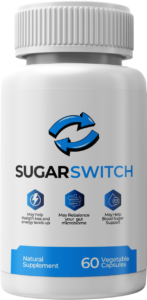
Inside Every Sugar Switch Capsule You‘ll Find:
3 Carefully-Selected Ingredients That Support Healthy Blood Sugar Levels, Including:
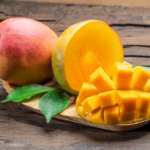
African Mango Extract
African Mango Extract helps boost metabolism and reduce fat accumulation, aiding in weight loss and improving insulin sensitivity.
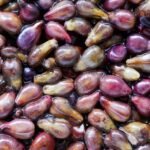
Grape Seed Extract
Grape Seed Extract acts as a potent antioxidant, detoxifying the bloodstream and improving overall immune function.
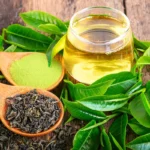
Green Tea Extract
Green Tea Extract is known for its appetite-suppressing properties and its ability to enhance cognitive function and reduce cholesterol levels.

180 DAYS GUARANTEE
180-DAY Money Back Guarantee – We are confident in the quality of our products and stand by our guarantee. If you are not satisfied with your purchase, you do not need to return the product to us. You can keep the product, and we will still process your refund. Your satisfaction is our priority.
Claim your Discounted Sugar Switch Below While Stock Lasts
Help balance blood sugar levels, boost your energy, and discover potential benefits for weight loss

- Support healthy blood sugar levels
- Contribute to balancing your microbiome
- Explore benefits for weight loss
- Boost your energy throughout the day
Type 2 diabetes is a prevalent condition affecting millions of people worldwide. However, recent scientific advancements have uncovered a natural method to manage and potentially reduce this condition.
This article delves into the journey and discoveries of Dr. John Tessman, a renowned specialist who has dedicated his career to finding alternative solutions for managing type 2 diabetes
Dr. John Tessman's Journey
Dr. John Tessman, a distinguished diabetes specialist, began his medical journey at the University of Berlin in 2002. He later completed his master’s degree in Los Angeles, USA, where he served as the vice-director of the American Diabetes Association.
Over the years, Dr. Pascoal has helped over 28,000 individuals manage their type 2 diabetes naturally, without the need for medications or injections.
The Discovery
Dr. Pascoal’s extensive research led him to the microbiota in the human gut, which plays a crucial role in glucose absorption. A study by Harvard Medical School revealed that individuals with low blood sugar levels had a higher concentration of beneficial bacteria, known as Bacteroides, in their gut.
Conversely, those with high blood sugar levels had more harmful bacteria, known as Firmicutes. This imbalance, known as dysbiosis, was found to be a significant factor in the development of type 2 diabetes.
The Explanation
Dr. Pascoal discovered that a dietary fiber called Pectin, found in the peel of apples and certain medicinal herbs like Gymnema Sylvestre, could regain the balance of gut bacteria.
Gymnema Sylvestre, a plant native to India, contains 54 times more Pectin than any other natural source. Scientific studies showed that concentrated extracts of Pectin could significantly reduce blood sugar levels and improve gut health.
Dr. Pascoal discovered that a dietary fiber called Pectin, found in the peel of apples and certain medicinal herbs like Gymnema Sylvestre, could regain the balance of gut bacteria.
Gymnema Sylvestre, a plant native to India, contains 54 times more Pectin than any other natural source. Scientific studies showed that concentrated extracts of Pectin could significantly reduce blood sugar levels and improve gut health.
The Formula: Sugar Switch
With the help of Wellness Prime, a leading natural supplement emprise, Dr. Pascoal developed a formula called Sugar Switch. This formula combines Pectin extracted from Gymnema Sylvestre with other powerful nutrients like African Mango Extract, Grape Seed Extract, and Green Tea Extract to enhance its effectiveness.

Inside Every Sugar Switch Capsule You‘ll Find:
3 Carefully-Selected Ingredients That Support Healthy Blood Sugar Levels, Including:

African Mango Extract
African Mango Extract helps boost metabolism and reduce fat accumulation, aiding in weight loss and improving insulin sensitivity.

Grape Seed Extract
Grape Seed Extract acts as a potent antioxidant, detoxifying the bloodstream and improving overall immune function.

Green Tea Extract
Green Tea Extract is known for its appetite-suppressing properties and its ability to enhance cognitive function and reduce cholesterol levels.

180 DAYS GUARANTEE
180-DAY Money Back Guarantee – We are confident in the quality of our products and stand by our guarantee. If you are not satisfied with your purchase, you do not need to return the product to us. You can keep the product, and we will still process your refund. Your satisfaction is our priority.
Claim your Discounted Sugar
Switch Below While Stock Lasts
References:
Anhê, F. F., Zlitni, S., Zhang, S.-Y., Choi, B. S.-Y., Chen, C. Y., Foley, K. P., Barra, N. G., Surette, M. G., Biertho, L., Richard, D., Tchernof, A., Lam, T. K. T., Marette, A., & Schertzer, J. (2023). Human gut microbiota after bariatric surgery alters intestinal morphology and glucose absorption in mice independently of obesity. Gut, 72(3), 460–472
Lomax AR, Calder PC. Probiotics, immune function, infection and inflammation: a review of the evidence from studies conducted in humans. Curr Pharm Des. 2009;15(13):1428-518. doi: 10.2174/138161209788168155. PMID: 19442167.
Forslund, K., Hildebrand, F., Nielsen, T. et al. Disentangling type 2 diabetes and metformin treatment signatures in the human gut microbiota. Nature 528, 262–266 (2015). https://doi.org/10.1038/nature15766
Qin, J., Li, Y., Cai, Z. et al. A metagenome-wide association study of gut microbiota in type 2 diabetes. Nature 490, 55–60 (2012). https://doi.org/10.1038/nature11450
Zhao, L., et al. (2018). Gut bacteria selectively promoted by dietary fibers alleviate type 2 diabetes. Science, 359(6380), 1151-1156.
Tilg, H., & Kaser, A. (2011). Gut microbiome, obesity, and metabolic dysfunction. Journal of Clinical Investigation, 121(6), 2126-2132.

